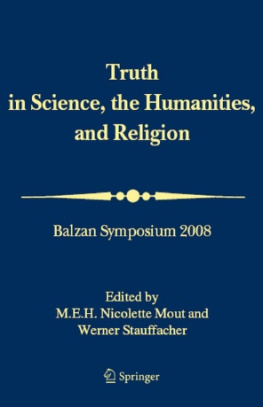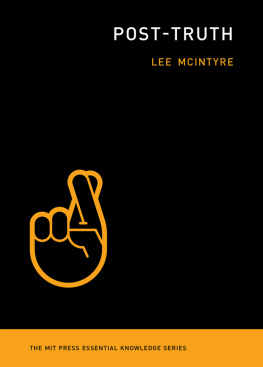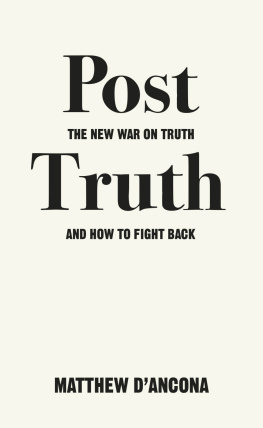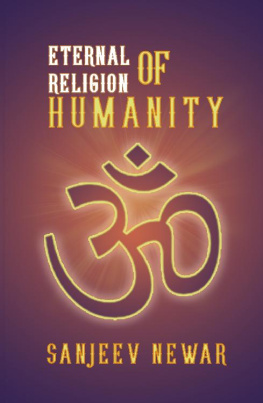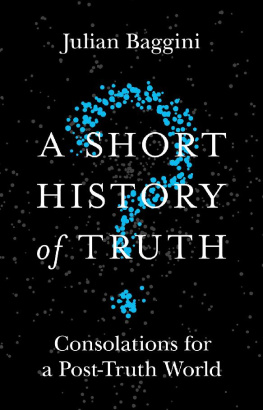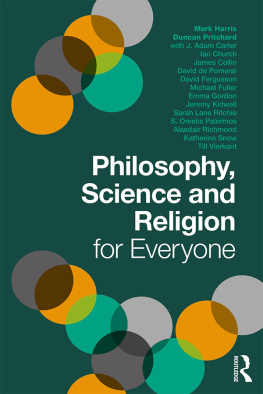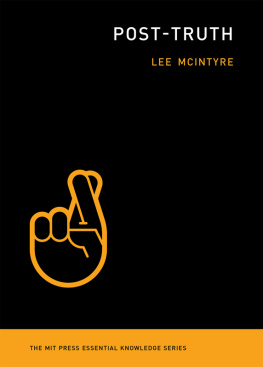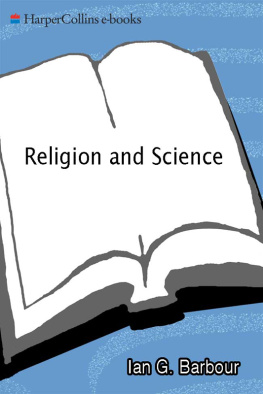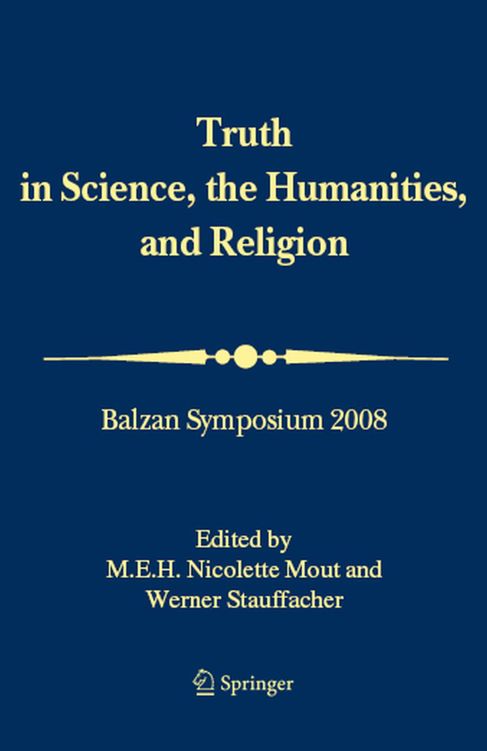organized by th e International Balzan Foundatio n at th e University of Lugano (Universit della Svizzera italiana ) 1617 May 200
M.E.H. NICOLETTE MOU T AND WERNER STAUFFACHE R

Editors
M.E.H. Nicolette Mout W erner Stauffacher Piazzetta U. Giordano, 4 Piazzetta U. Giordano, 4 20122 Milano 20122 Milano Italy Italy balzan@balzan.it balzan@balzan.it
ISBN 978-1-4020-9895-6 e-ISBN 978-1-4020-9896-3 DOI 10.1007/978-1-4020-9896-3 Springer Dordrecht Heidelberg London New York
Library of Congress Control Number: 2010927805
Springer Science+Business Media B.V. 2010 No part of this work may be reproduced, stored in a retrieval system, or transmitted in any form or by any means, electronic, mechanical, photocopying, microfilming, recording or otherwise, without written permission from the Publisher, with the exception of any material supplied specifically for the purpose of being entered and executed on a computer system, for exclusive use by the purchaser of the work
Printed on acid-free paper
Springer is part of Springer Science+Business Media (www.springer.com)
Forewor d
Since 1961, the International Balzan Foundation awards prizes for outstanding achievements through its General Prize Committee. A prize for Humanity, Peace and Brotherhood among peoples is awarded, at an interval of not less than three years to personalities and institutions for and in support of their contribution to humanitarian work, brotherhood and peace in the world. In addition, two prizes each are awarded every year for scholarly excellence in the Humanities i.e. the arts, humanities and social sciences and for fundamental research in the Sciences
i.e. physics, astronomy, mathematics, natural sciences and medicine together with epidemiology. The four fields to be awarded two in the Humanities, and two in the Sciences change every year. No more than four prizes may be awarded in any one year. The General Prize Committee takes care to focus on those disciplines which are not covered by other well-known international prizes.
More recently, the Foundation has begun to organize symposia about themes of overriding significance and importance, both for the scientific and scholarly community and for the general public, with the intention to encourage and intensify interdisciplinary discussions and debate among scientists and scholars from vastly differing horizons, but also inviting personalities from the outside-world of politics and economy. Thus, in 1988, following the surge of ethical awareness and resulting constraints in science, biology and medicine, an international seminar on Challenges of Bioethics was held in Venice. In 2002, a symposium followed at the Royal Society in London. Under the heading of Meeting the Challenges of the Future, it was devoted to the dialogue between the two cultures, i.e. between the Humanities on one hand, and the Sciences on the other.
For 2008, the theme chosen by the General Prize Committee was Truth. Truth in the humanities and the sciences as well as in religion and theology; truth, not in contrast to fraud but as the ultimate goal of scientific endeavour of any kind, the truth that is said to be the horizon of scientists and philosophers. A small preparatory committee of members of the General Prize Committee was asked to draw up the program. The Balzan Foundation invited 21 distinguished scholars and scientists several of them Balzan Prize Winners as speakers and panel members as well as a selected audience of about 200 academics and scholars from mostly European Universities, academic Institutions and learned Societies
among which a number of students from Italian and Swiss universities selected by the Academies of the two countries to the Italian-Swiss University of Lugano for the two-day-Symposium.
The question of the meaning of truth is central to many areas of contemporary debate, whether between those subscribing to a post-Enlightenment view of the world and those who seek fundamental truth in religious texts, or between those maintaining that there are absolute truths and those believing facts to be social constructs. For some, the ultimate truth is revealed through religious faith and textual authority. Can this view be reconciled with an evidence-based, materialist, post-Enlightenment perspective of the truth as embraced by the natural sciences? If religion holds the key to the truth, which religion and which truths?
During the five thematic sessions of the symposium, all attended by the same audience and by all the speakers and panel members, these and many other questions, but in particular the one about the meaning of truth, were examined and debated. The whole range of perspectives represented on the panels and in the audience came to the fore. After the keynote lecture by Professor Simon Blackburn, the five sessions covered the following disciplines: philosophy, mathematics, physics, cosmology, the biological sciences including biodiversity and sustainability, history, the social sciences, theology and religion.
This volume contains the speakers lectures, the corresponding reactions of the invited panel members as well as the panel and general discussions of the two-daysymposium. Thus the interested reader can familiarize himself with views ranging from philosophy to religion, from mathematics, physics and cosmology to history and the social and natural sciences. Undoubtedly, he will discover conflicts and discrepancies but also lines of convergence. In doing so, he will find that the adjectives which perhaps unfortunately are most frequently associated with the word truth are provisional or relative. In Session VI, finally, the reader will find the concluding impressions of two eminent participants who were instrumental in the conception of the symposium, Professor Simon Blackburn, author of the book Truth , and Lord Krebs, member of the preparatory committee, who suggested the title of the symposium after having read the book. Rather than attempting to summarize the two days of conferences and debate, they put their fingers on critical moments of the discussions where discrepancies, possible convergences, but also possible avenues for future research and reflection seemed to come to light. Unless a reader is specifically interested in one particular viewpoint and immediately chooses to read the corresponding chapter, one might suggest to him to begin his reading with Blackburns and Krebs succinct and enlightening retrospective analysis of the symposium.
M.E.H. Nicolette Mout and Werner Stauffacher
Content s
| Foreword .......................................................................................................... | v |
| Opening Session .............................................................................................. Addresses of Welcome: Giorgio Giudici, Mayor of Lugano Piero Martinoli, President of the University of Lugano Bruno Bottai, Chairman of the Board of the International Balzan Prize Foundation Keynote Lecture: Simon Blackburn Truth and Ourselves: the Elusive Last Word | |
| Session I: Philosophy ...................................................................................... Emanuele Severino Truth, Contradiction, Nihilism Panel: Pascal Engel, Karlheinz Stierle, Marcelo Snchez Sorondo |

